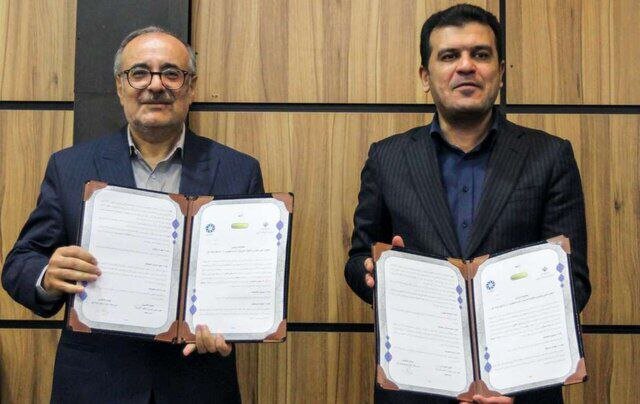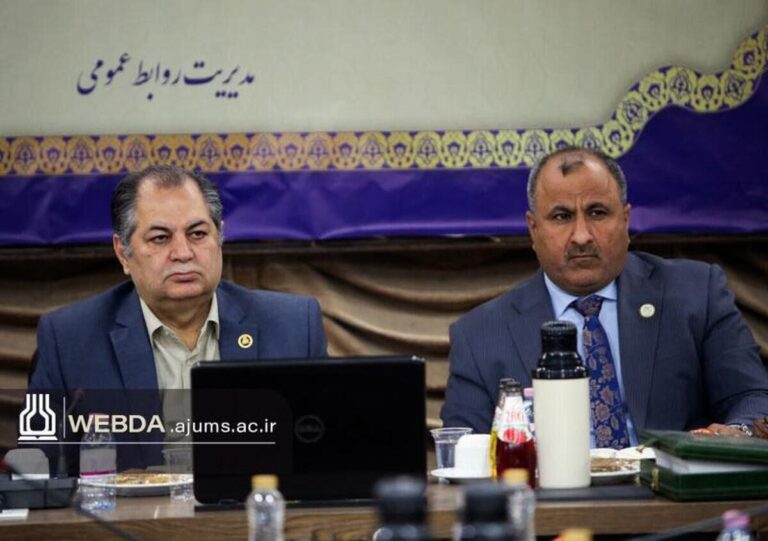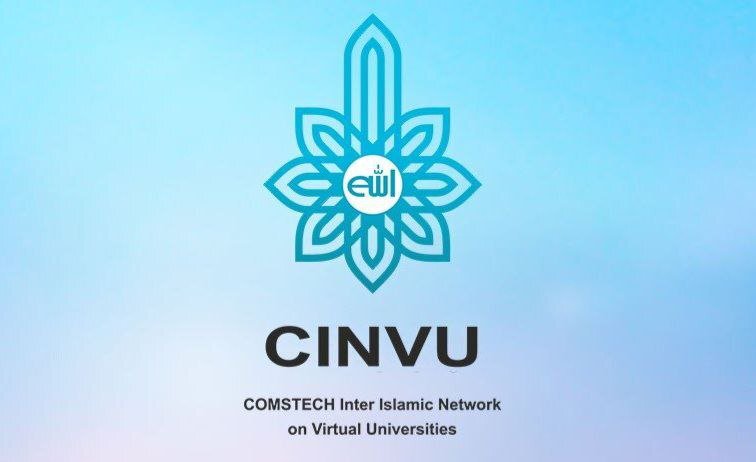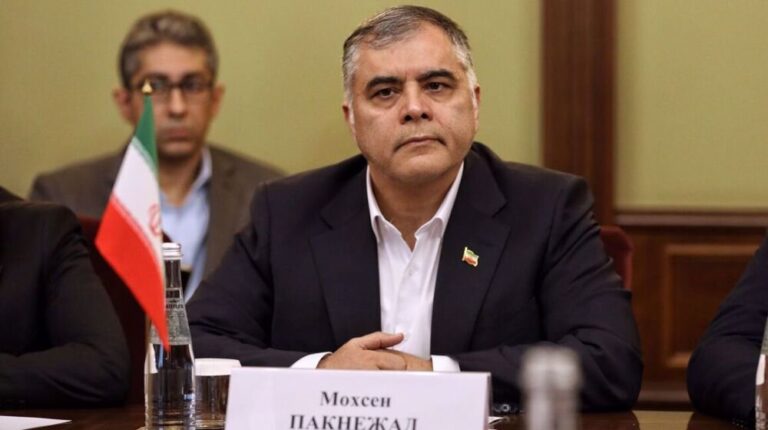$100 Million Investment Boosts AI Development: A Game Changer for Innovation
TEHRAN – A significant step towards enhancing the artificial intelligence (AI) sector in Iran has been taken with the recent signing of a memorandum of understanding (MOU) between the Vice Presidency for Science, Technology and Knowledge-Based Economy and the National Development Fund (NDF). This initiative aims to establish a robust 100-million-dollar fund dedicated to the development of AI technologies in the country.
The MOU was formalized by Hossein Afshin, an official from the Vice Presidency of Science and Technology, and Mehdi Qazanfari, the head of the NDF. It serves to create a strategic framework for advancing AI in accordance with Iran’s seventh national development plan (2023-2027) and aligns with the vision of the Leader of the Islamic Revolution, Ayatollah Seyyed Ali Khamenei, who advocates for investment in emerging sectors, as reported by ISNA.
Key objectives outlined in the MOU include:
- Funding projects introduced by the Vice Presidency through loans, partnerships, and alternative financing methods.
- Encouraging collaboration between universities and the private sector by providing specific loans to companies that financially support AI-focused initiatives in academic institutions and research centers.
- Leveraging financing tools for the advancement of emerging technologies.
In a related development, Iran’s standing in the Government AI Readiness Index 2024 has seen improvement. The latest report from Oxford Insights, which evaluates government readiness to implement AI in public services, places Iran at 91st among 188 countries, reflecting a rise from its previous rank of 94 in 2023.
AI’s integration into governance is crucial, not only for the management of technology but also for enhancing governmental efficiency. The Government AI Readiness Index has emerged as a reputable resource for policymakers, serving as an official benchmark for national governments.
This year’s index assesses 188 nations amid increasing complexities that governments face, including:
- Evolving citizen needs
- Economic uncertainties
- Climate risks
- Rising inequalities
The 2024 index evaluates 40 indicators across three primary pillars: Government, Technology Sector, and Data & Infrastructure. It highlights advancements, identifies challenges, and offers actionable insights for policymakers aiming to incorporate AI into public service delivery.
At the heart of the index is the question: “How ready are governments to implement AI in delivering public services?” By addressing this question, the index serves as a practical tool to support evidence-based decision-making, helping governments unlock AI’s potential for better serving their citizens worldwide.
The report reveals that Iran’s strongest performance is in the Data and Infrastructure pillar, scoring 66.29, a notable improvement from 55.88 last year. This score encompasses various indicators, including:
- Infrastructure (70)
- Data availability (43)
- Data representativeness (121)
In contrast, Iran’s score in the Technology pillar stands at 38.82, slightly increasing from 38.77 in 2023. This score is based on factors such as:
- Human capital (54)
- Innovation capacity (62)
- Maturity (82)
However, Iran’s lowest score is found in the Government pillar, which decreased to 26.54 from 31.56 in 2023. This pillar includes crucial indicators like:
- Vision (84)
- Governance and ethics (145)
- Digital capacity (92)
- Adaptability (177)
According to the current report, Iran’s regional ranking has improved by one position, moving from 17th in 2023 to 16th in 2024. This upward trend underscores the nation’s commitment to enhancing its capabilities in the field of artificial intelligence and preparing for future challenges.






